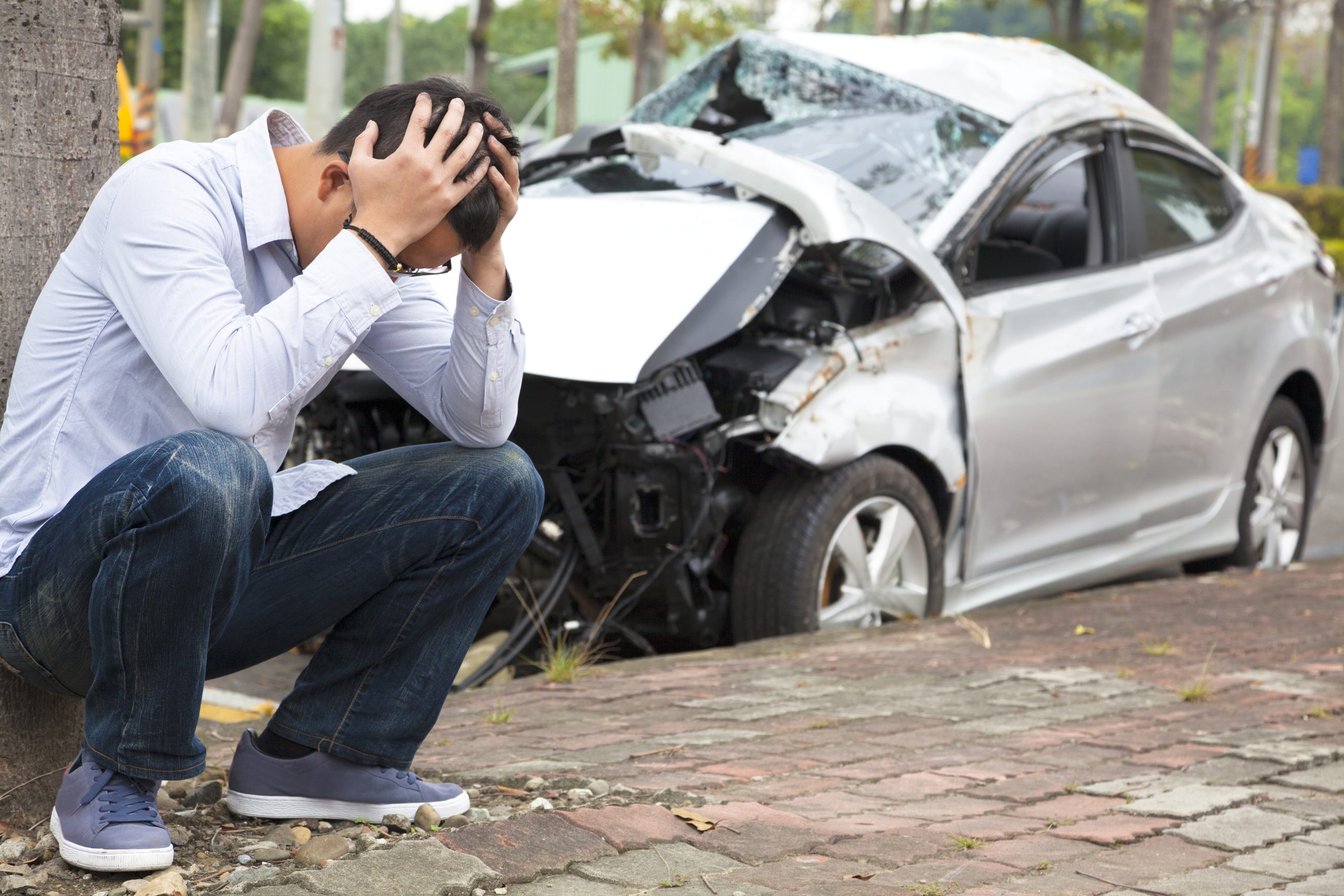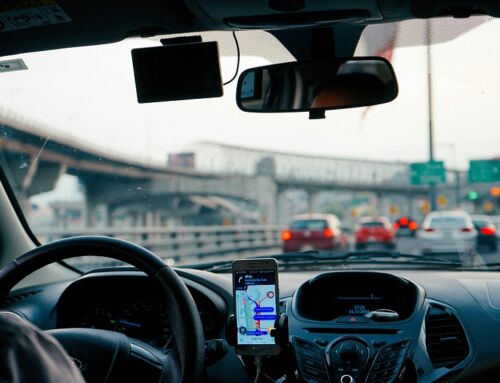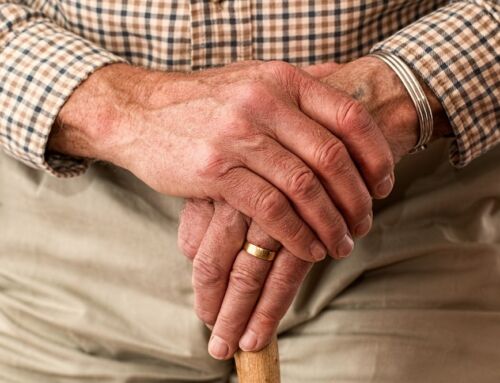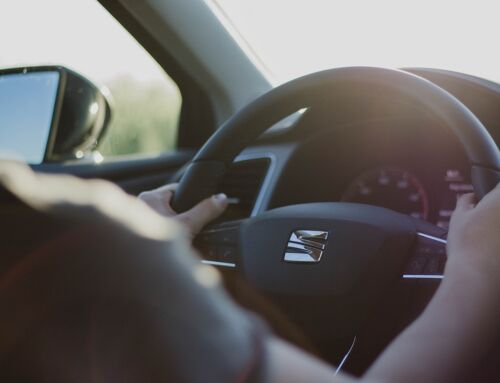Roads can often be in poor condition due to weather. This can occur due to flooding, or snowy conditions, or ice. These road conditions can cause accidents, and generally this means that no one is liable for the accident, unless they were being negligent on top of the poor road conditions.
In situations where the roadways, specifically highways, are significantly affected by the weather, it is up to the Indiana Department of Transportation (INDOT) to ensure that the roadways are safe for people to drive. However, INDOT is only liable for an accident when the roadway condition is poor if the road condition was not getting worse at that point, and INDOT had a chance to address the condition of the roadway and did not.
Recently, there have been two cases that have addressed the liability of INDOT concerning the condition of the roadway. These cases are Staat v. INDOT and Ladra v. State.
The Cases
The two recent cases decided by the Indiana Court of Appeals went in two opposite directions. Staat held that INDOT could have potentially been liable for the condition of the roadway, and Ladra held that INDOT could not be held liable for the condition of the roadway. We will examine why these cases went in two different directions.
First, we will examine Staat. In Staat, the plaintiff was driving his vehicle on I-74 during a rainstorm. The plaintiff came upon a flooded section of the interstate, his car hydroplaned, and crashed into a nearby tree after leaving the roadway. The plaintiff sued INDOT for negligence in caring for that section of roadway, and INDOT asserted governmental immunity. The trial court granted INDOT’s summary judgement claim.
The Indiana Court of Appeals discussed whether INDOT was immune, which turns on whether the condition is temporary and caused by weather. The Indiana Supreme Court has determined that a temporary condition turns on the window of “reasonable response” to the road condition. This window lasts at least until, “the condition is stabilized, and the responses are completed.” Where a condition is still evolving, it has not stabilized.
Here, the Indiana Court of Appeals looked at the designated evidence, that it had been raining at the time of the accident, and had been raining the night previous, and there was an accumulation of water on the highway. The plaintiff had designated evidence that the accumulation of water had reached its maximum volume and thus was a stable condition at the time of the accident. The court held that INDOT had not designated enough evidence that the accumulation of water was an evolving condition, and thus there was an issue of fact that was left to figure out for the trial court.
In Ladra, the plaintiff was driving her vehicle on I-94 in Northwest Indiana during a rainstorm, hydroplaned on a flooded section of the interstate, and crashed into the concrete barrier near the highway. The plaintiff sued the state and INDOT, and INDOT asserted immunity and was initially granted summary judgement by the trial court.
The Appellate Court discussed Ladra’s argument that the relevant condition here was the clogged drain that caused the flooded roadway. The court disagreed and stated that the flooded roadway was directly related to the government conduct for which Ladra sought liability for. The Appellate Court held that INDOT was entitled to immunity in this case. The court further stated that the condition was temporary because the state had no notice of the condition.
Why are These Cases Relevant?
These cases are relevant because they help determine when INDOT can claim immunity and what a plaintiff must prove to defeat immunity in cases where the condition of the roadway in conjunction with the weather is the cause of the accident. In order for a plaintiff to show that INDOT is not immune from liability, they must show that the condition was stable and permanent, that is the condition was no longer evolving, and INDOT had notice of the condition. If all these factors exist, then INDOT may be liable for any injuries that occur.
Recently Injured in an Auto Accident?
Contact the auto accident attorneys at Hurst Limontes, LLC today. We fight hard for our clients and we communicate with our clients concerning any big developments. We believe all our clients should be justly compensated for their injuries. Contact us for a free consultation today!





